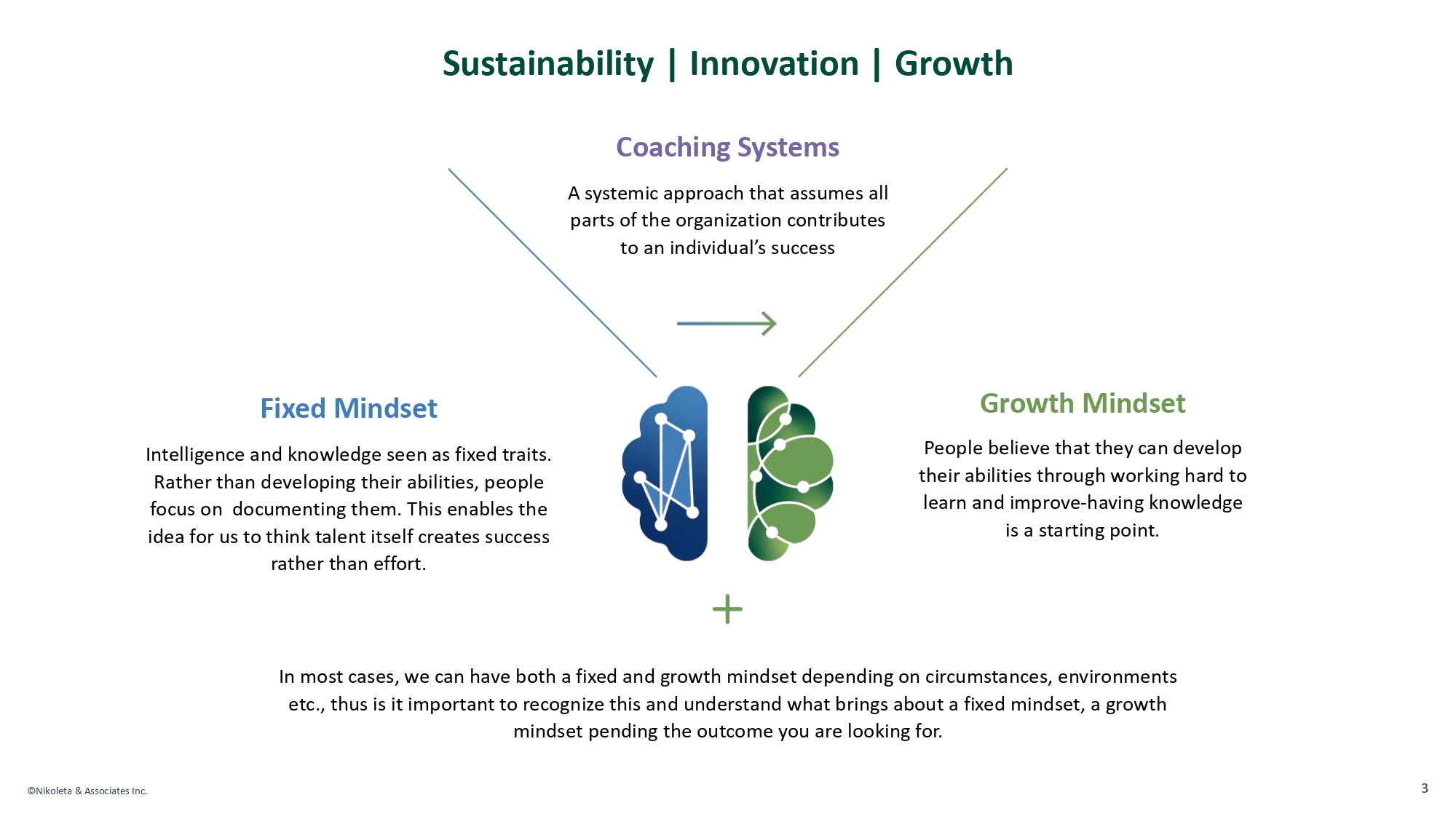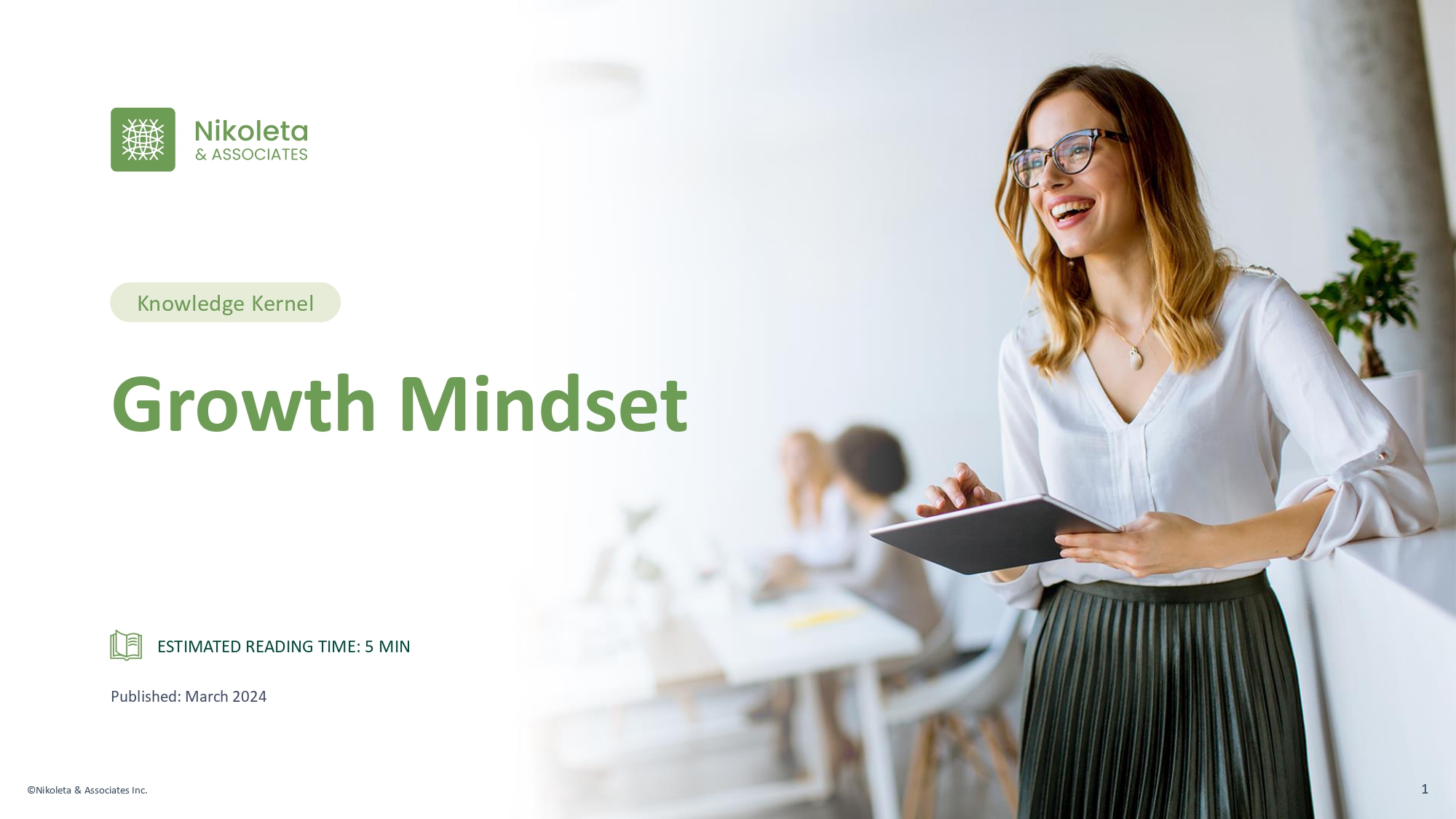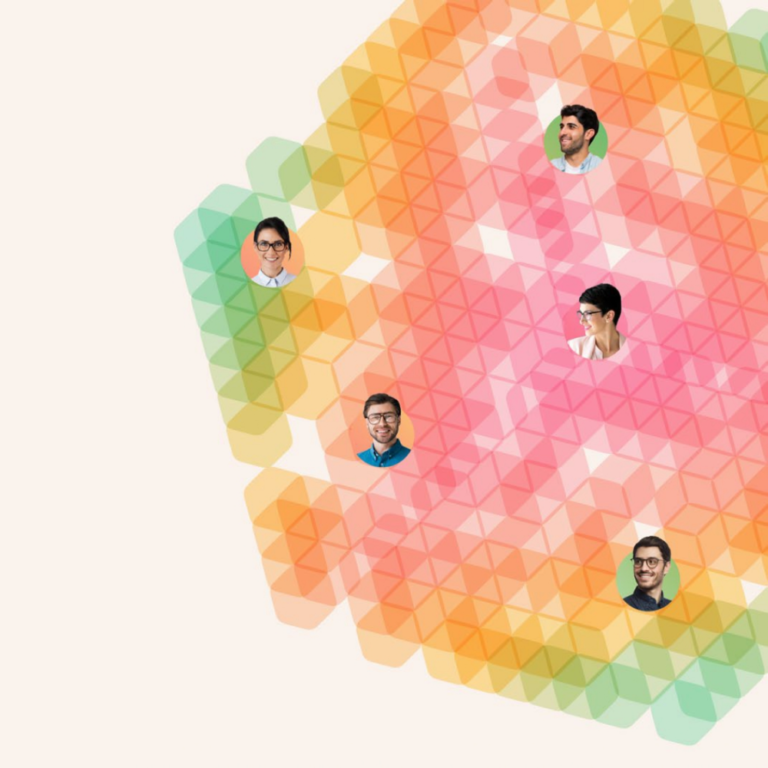Knowledge Kernel
Growth Mindset
Discover the transformative concept of Growth Attitude in our latest blog post. We explore how a Growth Mindset evolves into a Growth Attitude, emphasizing adaptability, innovation, and lifelong learning within supportive environments. We have included key design considerations, inspiring a forward-thinking approach to personal and organizational growth that could be applied in your context.
ESTIMATED READING TIME: 5 MIN
Published: July, 2023


In this Knowledge Kernel, we dive deeper into:
- Growth and Adaptability: Delve into the essence of Growth Attitude, showcasing the shift from a fixed mindset to embracing change with resilience and innovative thinking. Discover the skills and attitudes essential for fostering personal and organizational growth, supported by real-world insights.
- Support Systems and Innovation: Learn about the crucial role of supportive environments in nurturing growth. We illustrate how forward-thinking organizations build systems for continuous learning and the embrace of new challenges, highlighting the importance of innovation in sustaining growth.
- Design for Growth: Uncover the design considerations that shape growth-oriented experiences. From embracing discomfort to the importance of lifelong learning, we provide actionable insights on creating a culture that values adaptability, continuous improvement, and the power of learning from every situation.
Thank You for Your Interest in This Knowledge Kernel.
Your subscription could not be saved. Please try again.
Thank you for your interest in this article. You will receive an email with download instructions shortly.















